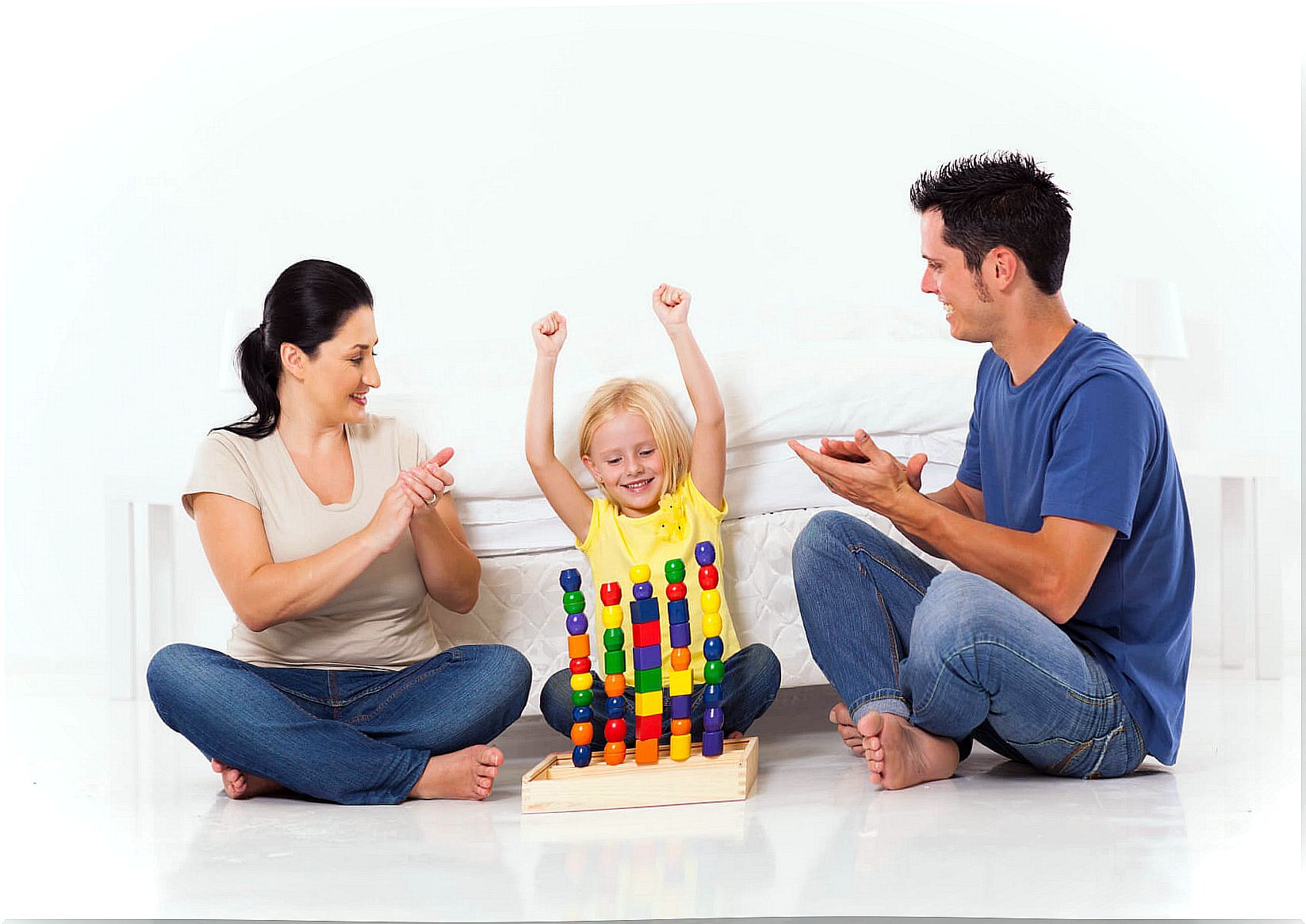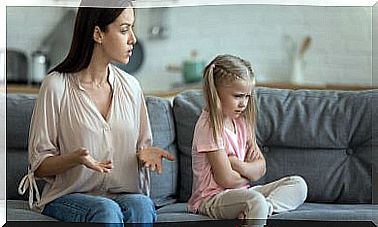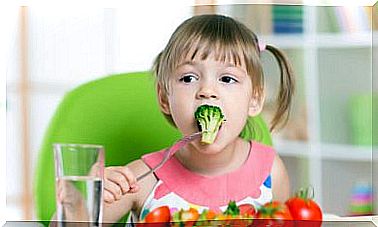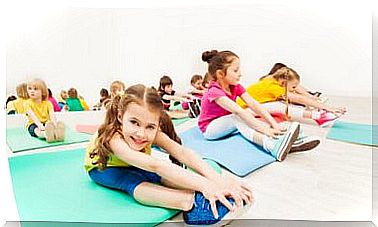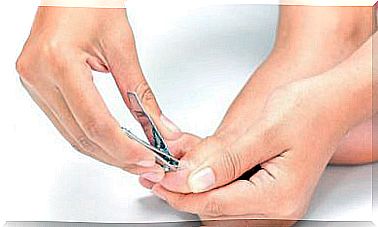How Does Your Child React To Praise?
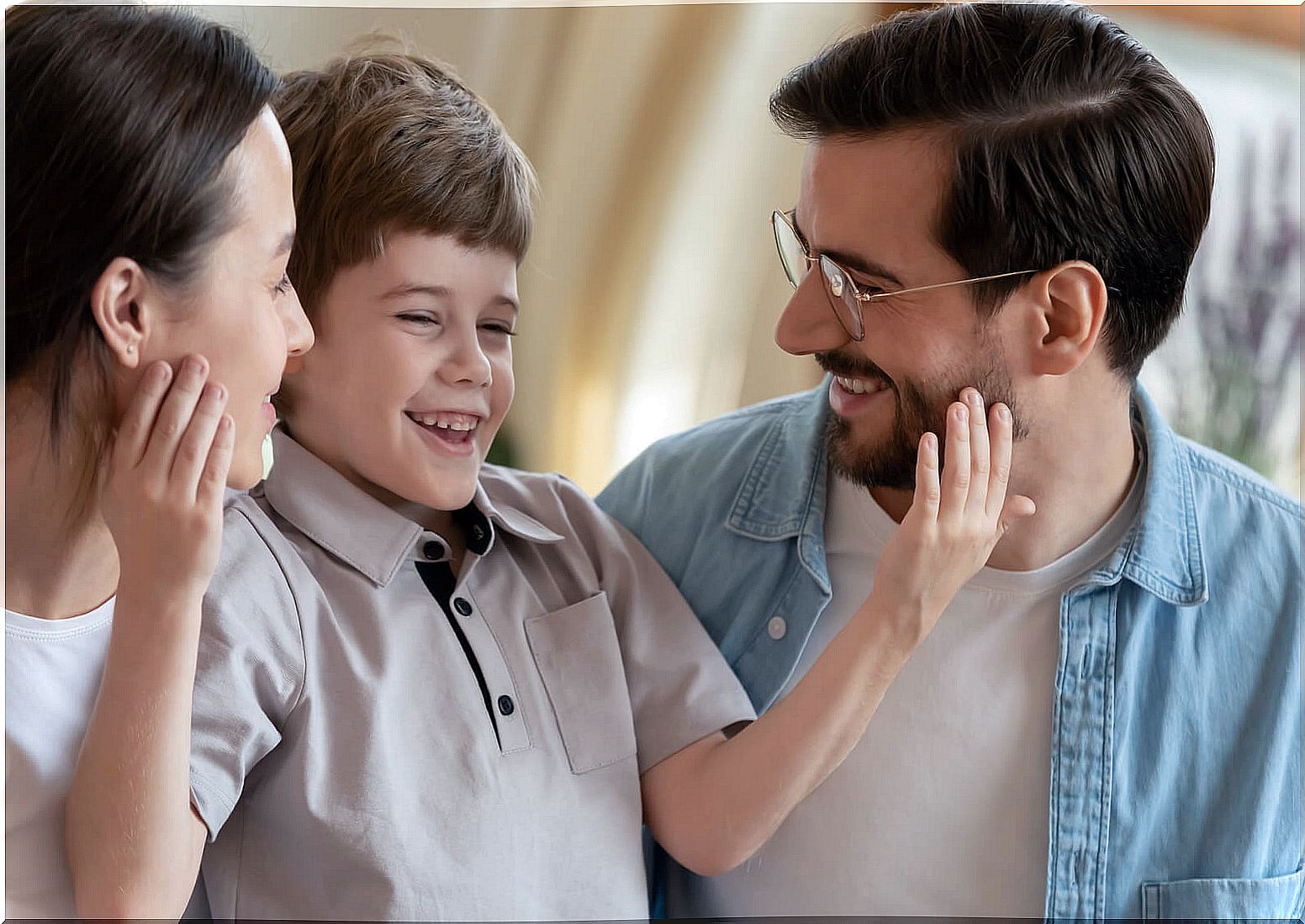
Praise is something that children live with even before they are born. Parents, siblings, relatives and close associates shower babies with compliments. However, over time, the relationship with these displays of affection and admiration can become cloudy, so that many children do not know how to respond appropriately to these compliments.
Something that used to be so natural now becomes confusing and complicated. It is common that, as children grow and reach puberty and adolescence, accepting compliments becomes more difficult for them. And much of the responsibility for this lies with the experiences they have and the education they receive. Therefore, pay attention to how your child reacts to praise so that you can deal with any difficulties in time.
How does your child react to praise?

Downplay them
In early childhood it is common for children to accept compliments willingly, naturally and spontaneously. However, as puberty approaches, many of the youngsters have made a habit of downplaying these compliments, responding with “it’s not that bad” or “I was lucky” rather than just “thank you . “
This is something very cultural and on which the education received has a lot of influence. With the intention of instilling humility in children, we sometimes make the mistake of leading them to disparage their achievements or abilities. However, knowing how to receive is essential.
When a young person is recognized for the effort he puts into his studies, his talent for drawing or how well he is good at making friends, he can appreciate it and know that it is true without falling into arrogance. If they are not able to receive a simple compliment, it may also be difficult for them to receive love, help or understanding, something that will undoubtedly bring unhappiness to their lives.
Suspect and distrust
In other cases, there are children who, when receiving a compliment, automatically think that there is a hidden second intention. “If he praises me, it is because he wants to ask me for something; He has done something wrong and he compliments me because he feels guilty; He tells me in an ironic tone, to laugh at me ” . When a young person thinks this when being flattered, it is because they do not really believe that what they are told can be true or they do not see flattery as something natural.
In this case, there may be a self-esteem problem: “I don’t have qualities that others can highlight . ” But it is also possible that there is an inappropriate communication pattern, that is, that the child believes that expressing compliments is not something natural and, therefore, there must be a secondary intention. This can happen if positive language and social reinforcement are not widely used in the family.
Accepts them naturally
Lastly, your child may be able to accept a compliment normally, taking it for granted, thanking it, and feeling flattered when it is received.
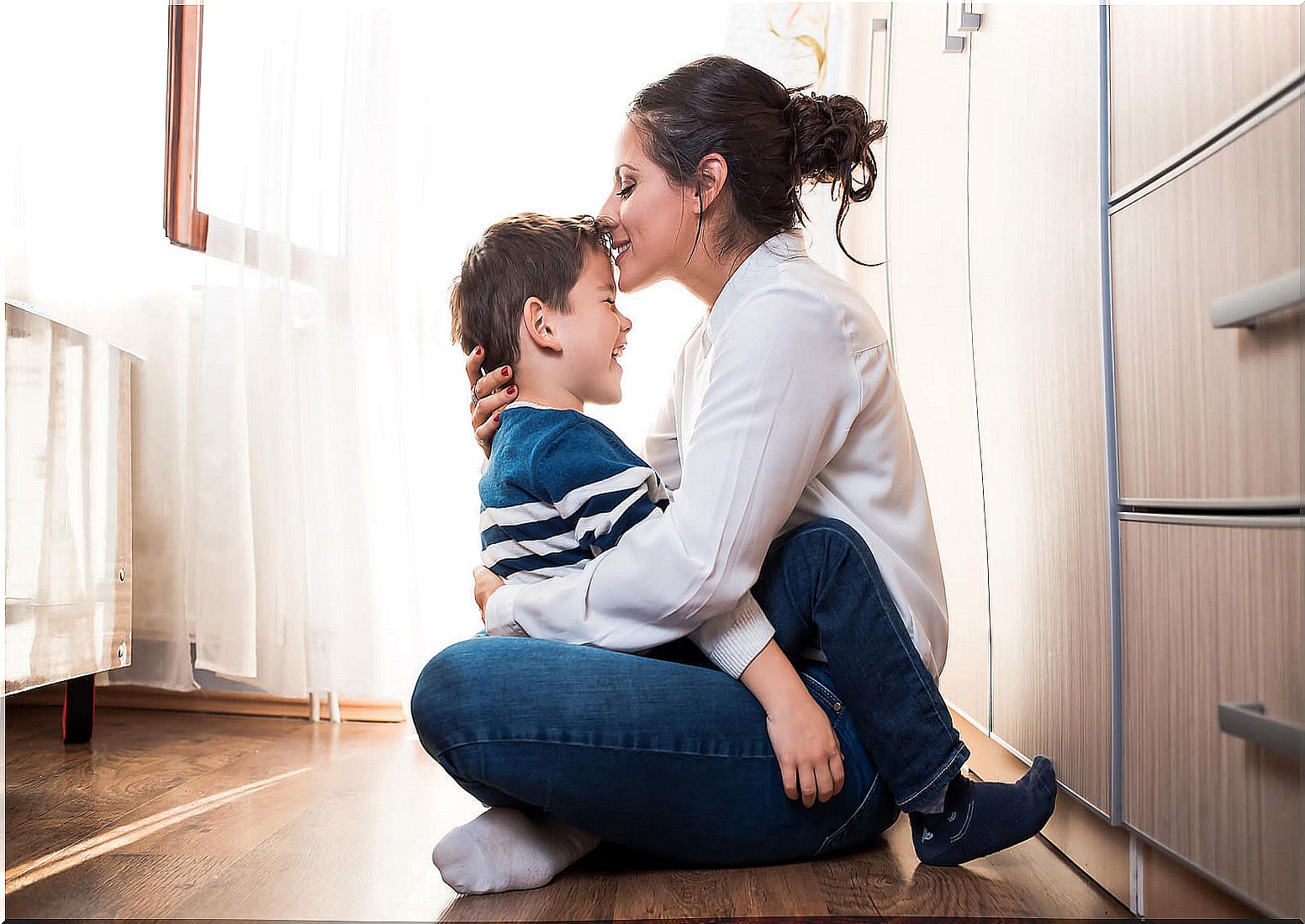
In this case, it is clear that the child has good self-esteem, that he is aware of his virtues and qualities and feels worthy of receiving affection and recognition. This is also a sign that you have grown up in a positive environment where people admire and empower each other.
This is a really good thing, first of all, because it allows the child to feel comfortable with who they are and to develop a healthy self-esteem. But, in addition, this predisposes him to find strengths and positives in those around him and to express compliments to others without fear, something that will greatly favor his social relationships, making them healthier and more satisfactory.
Teach your child to react to praise
So if you think your child may be in one of the first two cases, work with him on it. Show him that being humble is not denying our qualities or downplaying our achievements, but simply not feeling superior to anyone. In the same way, begin to communicate in the family in a positive and loving way, make praise a common interaction at home.
Encouraging a child to grow up loving himself and feeling valuable is a tool that will help him for life. However, knowing how to receive compliments does not imply depending on them ; remind him that the most important recognition is that which comes from oneself.
